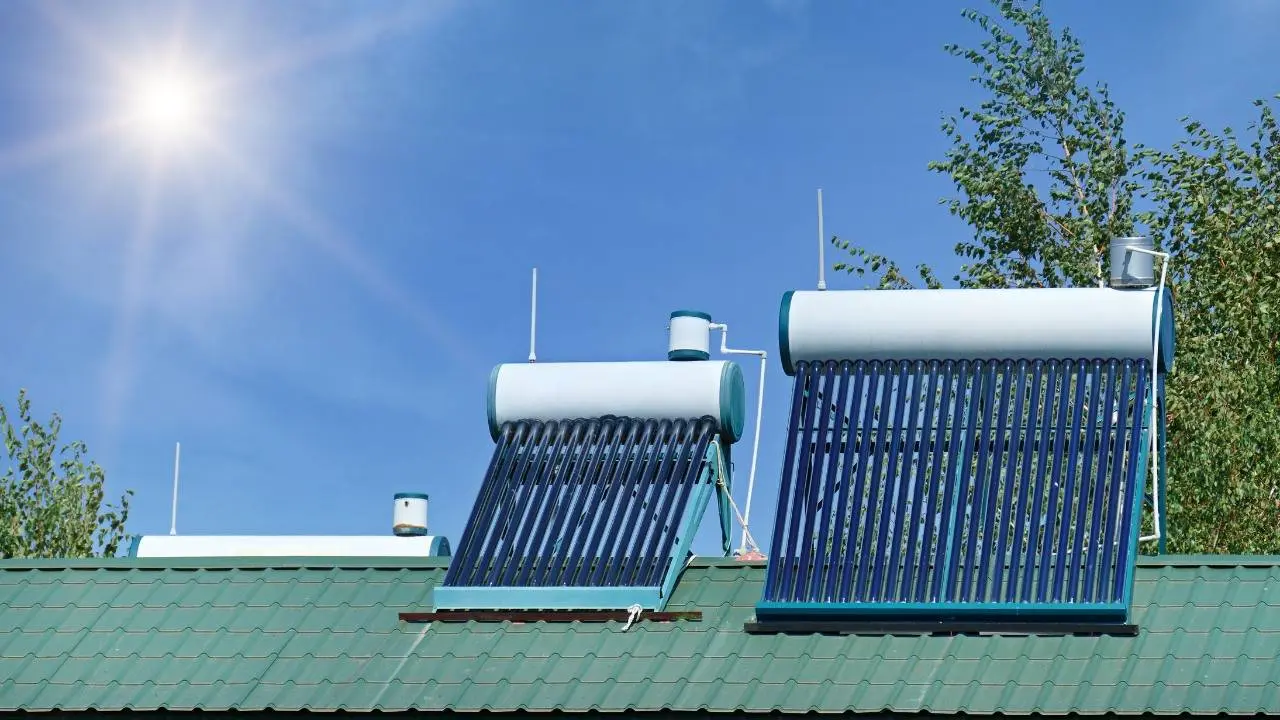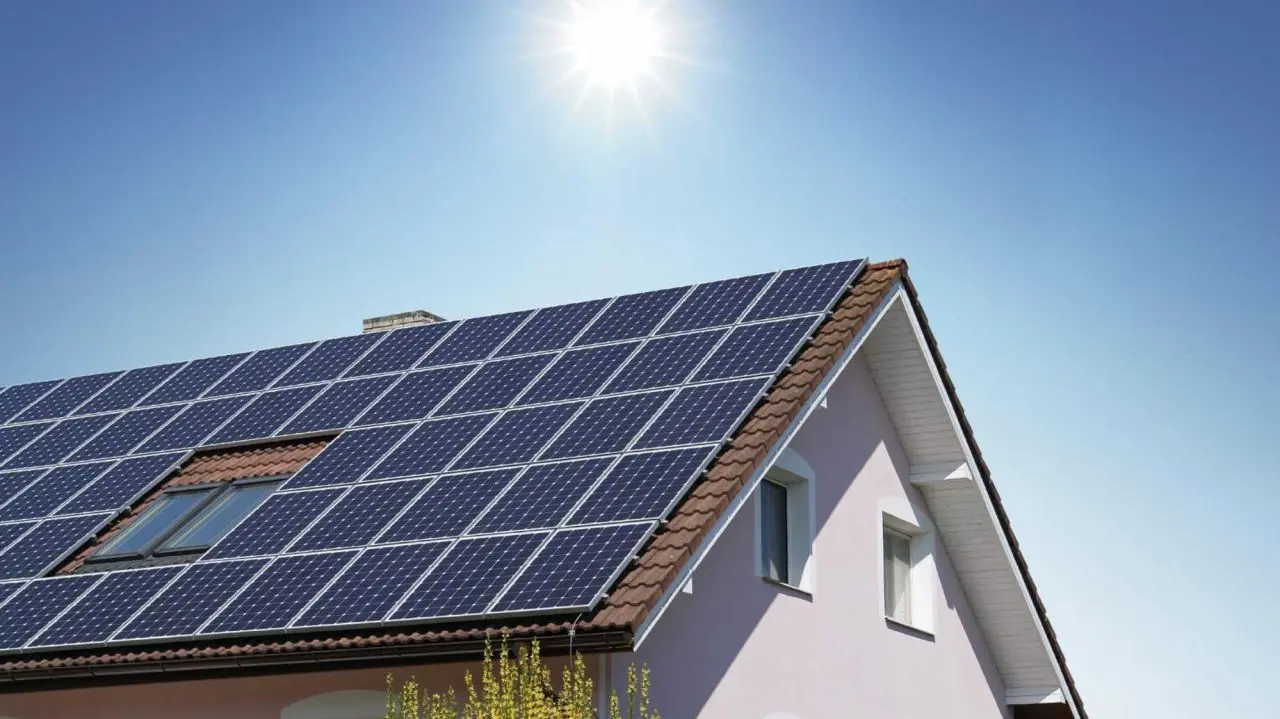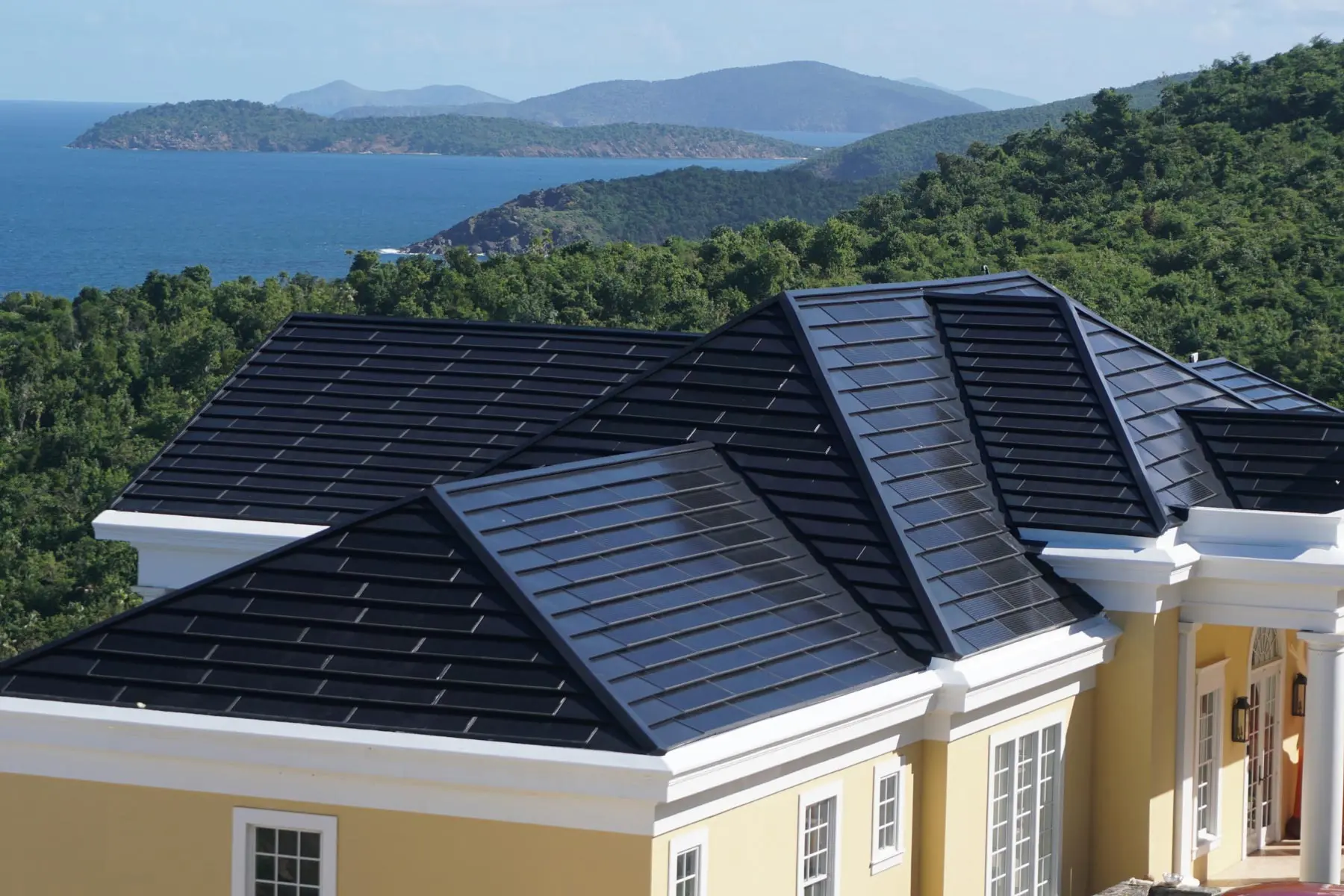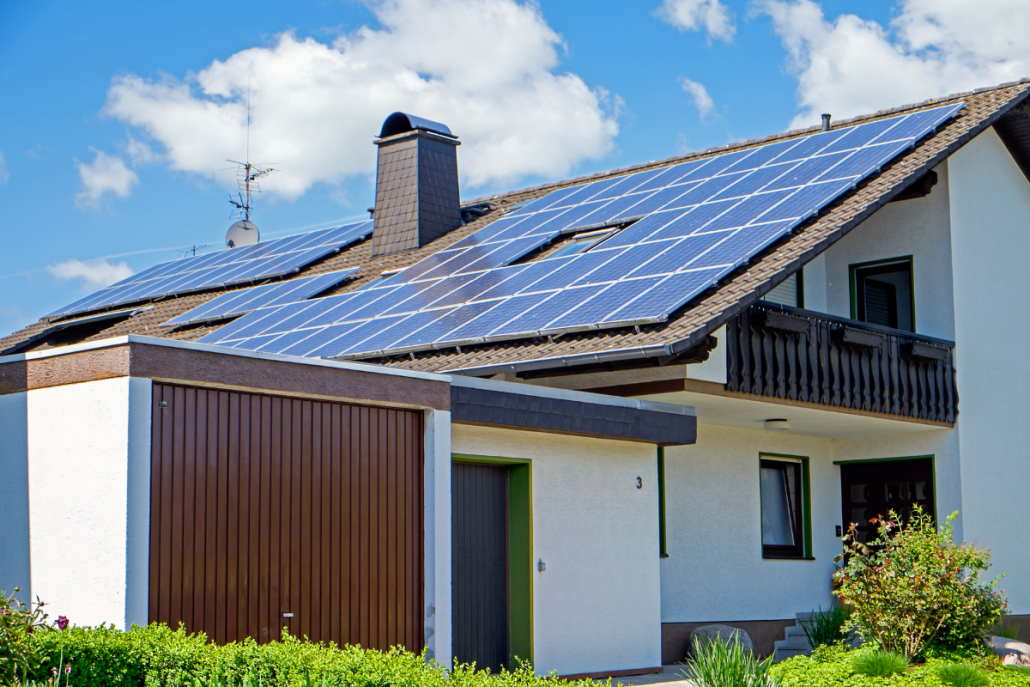
What is a Solar Heater?
A solar heater is a device that captures the sun's heat and uses it to warm water. It typically consists of solar collectors, a storage tank, and a heat transfer system. Solar heaters are primarily used for water heating in homes and businesses but can also be applied in other areas, such as space heating or even pool heating.
How Does a Solar Heater Work?
Solar heaters work by using solar energy (sunlight) to heat a liquid (usually water or a heat-transfer fluid) that flows through solar collectors. The collectors absorb the sun's heat, and the heated fluid is then transferred to a storage tank or directly to where it is needed.
There are two primary types of solar heaters:
- Active Solar Heaters: These systems use a pump or fan to circulate the heat-transfer fluid from the collectors to the storage tank or end-use point. Active systems can be further divided into:Direct Circulation Systems: Water is directly pumped through the collectors to be heated and stored.Indirect Circulation Systems: A heat-transfer fluid (such as antifreeze) is circulated through the collectors, where it heats the water indirectly.
- Passive Solar Heaters: These systems rely on natural convection to circulate the water, meaning no pumps or fans are used. The heated water naturally rises and is drawn into the storage tank. Passive systems tend to be simpler and more affordable but may not be as efficient as active systems in colder climates.
Types of Solar Heaters
There are various types of solar heating systems designed for different needs and climates:
- Flat-Plate CollectorsDescription: These are the most common type of solar collectors. They consist of a flat, insulated panel with a transparent cover that allows sunlight to pass through and heat the absorber plate inside.Best For: General household water heating, especially in moderate climates.
- Evacuated Tube CollectorsDescription: These collectors consist of rows of glass tubes with a vacuum between them. The vacuum reduces heat loss, allowing the system to maintain high efficiency even in colder climates.Best For: Cold climates, where higher efficiency is needed.
- Integral Collector-Storage (ICS) SystemsDescription: In ICS systems, the storage tank is integrated with the collector. Water flows through the collector and is stored in the same unit.Best For: Small households or cabins, as these systems are often compact and easy to install.
- Pool Solar HeatersDescription: These are specialized solar heaters designed to heat swimming pools. They often use unglazed collectors, which are less expensive and effective for pool heating.Best For: Heating swimming pools, especially in warmer climates.
Benefits of Using a Solar Heater
- Cost SavingsSolar heaters can significantly reduce your energy bills since they utilize free solar energy. Over time, the initial installation cost is offset by the savings on heating expenses.
- Environmental ImpactBy using solar energy, solar heaters help reduce the carbon footprint associated with conventional heating methods that rely on fossil fuels. They are a clean, renewable energy source that contributes to sustainability.
- Low Operating CostsOnce installed, solar heaters have very low operating costs. Solar energy is free, and the maintenance costs are typically minimal, making them an affordable long-term investment.
- Energy IndependenceSolar heaters help reduce dependency on traditional utility companies. You can produce your own energy, which provides a level of energy independence, especially in areas with unreliable electricity grids.
- Durability and LongevitySolar heating systems are durable and can last for decades with minimal maintenance. Many systems come with warranties of 20 years or more.
Choosing the Right Solar Heater
When selecting a solar heater for your home or business, consider the following factors:
- ClimateIn regions with ample sunlight, flat-plate collectors may be sufficient. In colder or cloudier climates, evacuated tube collectors may offer better performance.
- Water UsageConsider your household's water consumption. For larger homes or businesses, a system with a larger collector area or multiple collectors might be necessary.
- Available SpaceSolar heaters require space for the collectors and storage tank. Make sure you have enough roof space or land area for the system.
- BudgetWhile solar heaters can be expensive upfront, they pay off over time. Be sure to factor in installation costs, available incentives, and long-term savings when considering your budget.
- Installation and MaintenanceIt’s essential to choose a reliable installation company with experience in solar technology. While solar heaters generally require low maintenance, periodic inspections ensure optimal performance.
Potential Drawbacks of Solar Heaters
- High Initial CostThe upfront cost of purchasing and installing a solar heater can be significant, though government incentives and rebates can help reduce this cost.
- Weather DependencySolar heaters rely on sunlight to function, so their efficiency can be reduced on cloudy days or during winter months. This can be mitigated with a backup system or larger storage capacity.
- Space RequirementsSolar heating systems require space for the collectors and storage tanks. If you live in a location with limited roof space, you may need to explore alternative options.
Conclusion
A solar heater is an eco-friendly and cost-effective solution for heating water in homes and businesses. By utilizing the sun’s energy, these systems offer significant savings on energy bills, reduce environmental impact, and provide long-term value. Whether you are looking to heat your home’s water, a swimming pool, or provide supplemental heating, a solar heater could be the ideal solution. Understanding your climate, water usage, and available space will help you select the right system, ensuring maximum efficiency and performance.






